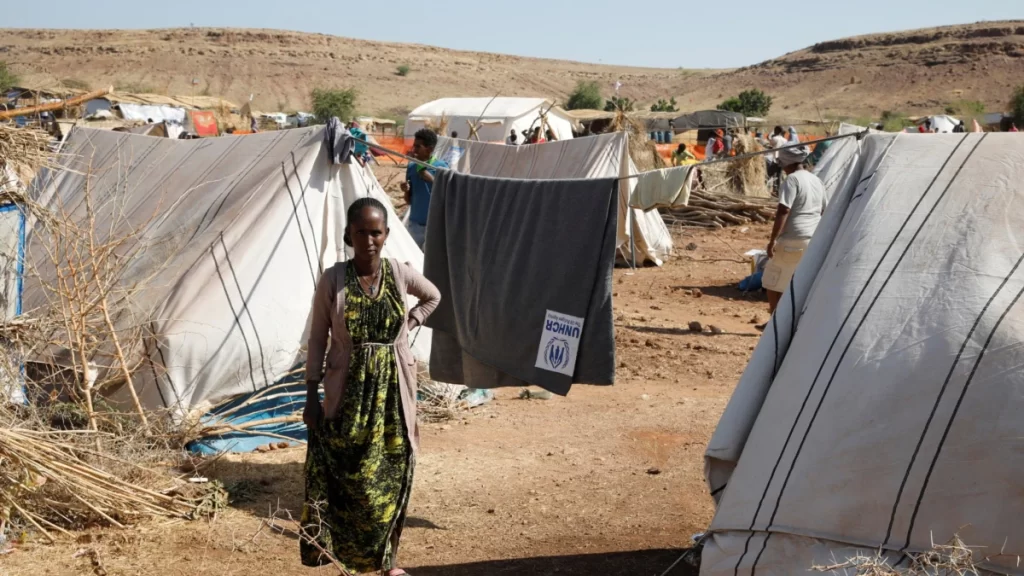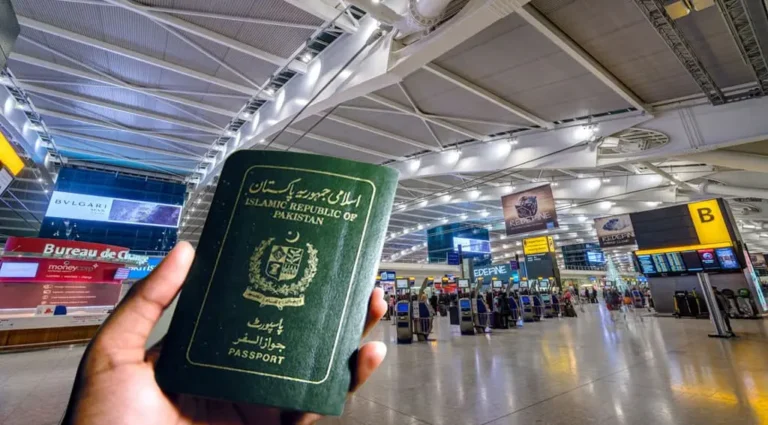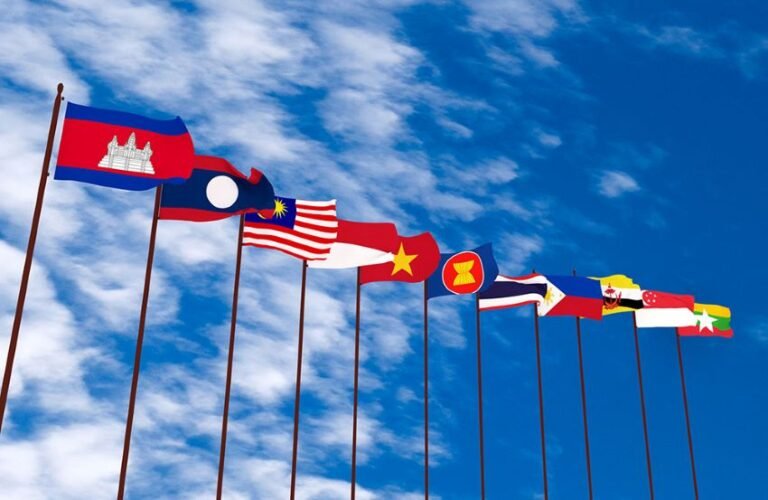Addis Ababa, 10 August 2022 (TDI): The United Nations World Food Program (WFP), the UN Refugee Agency (UNHCR), and the Ethiopian Government Refugees and Returnees Service (RRS) appealed for $73 million to provide food rations to over 750,000 refugees in Ethiopia.
🚨 #NEWS ALERT 🚨@WFP @Refugees & @RRSEthiopia urgently require $73m to support 750,000 #refugees in #Ethiopia 🇪🇹 with food rations.
Without adequate resources, WFP will completely run out of food for them by October.
Full Release ➡️ https://t.co/oQ7uEpntli@UNHCREthiopia pic.twitter.com/ry9tqwre9Y
— WFP Africa (@WFP_Africa) August 9, 2022
The three organizations warn that by October, WFP would completely run out of food for refugees. This would leave vulnerable families that depend on food assistance at risk of undernutrition, micronutrient deficiencies, susceptibility to diseases/infections, and increased security threats.
Additionally, WFP has already had to reduce rations for 750,000 registered refugees living in 22 camps and five sites in hosting communities in Ethiopia’s Afar, Amhara, Benishangul-Gumuz, Gambella, Somali, and Tigray regions due to ongoing budget shortages.
Food rations for refugees in Ethiopia were initially cut by 16 percent in November 2015, 40 percent in November 2021, and 50 percent in June 2022.
Subsequently, the cuts have aggrandized food insecurity among refugees. This is further exacerbated by current global restrictions on food supply, economic shocks, inflation, COVID-19 aftermath, violence, and insecurity.
Refugees in dire need of assistance
WFP, UNHCR, and RRS conducted a fast evaluation in April based on 1,215 households living in camps. The assessment determined the effects of ration reduction on refugees’ food security and socioeconomic position.
The results revealed that more households adopted negative coping mechanisms, such as cutting back on daily mealtimes, consuming less preferred foods, or reducing the portion sizes of meals.
Whilst other homes were reportedly involved in demeaning activities like child labor, collecting and selling firewood, borrowing money, and depending on friends and family for food.
Hence, to alleviate the suffering of refugees, more funds must be urgently mobilized to meet their immediate food and non-food needs.
Furthermore, similar investments must be made to enable sustainable food solutions incorporated into the commitments made under the Global Compact on Refugees (GCR) and the Comprehensive Refugee Response Framework (CRRF).
Remarks by the Country representatives of the organizations
According to WFP’s representative and country director for Ethiopia, Claude Jibidar, if the financing is not done right away, three-quarters of a million refugees won’t have anything to eat in a couple of weeks.
He added that restoring aid to at least minimal levels for refugees, dependent on the WFP’s cash and food support, must be a top concern for all.
Margaret Atieno, the UNHCR’s deputy representative in Ethiopia, stated that the continued dearth of full rations for refugees and the effects of the worst drought would seriously jeopardize the progress made in protecting refugees. Also, it will run the risk of disrupting their peaceful coexistence with their host communities.
@WFP_Ethiopia, UNHCR & @RRSEthiopia appeal for US$73m to secure food to 750,000 #refugees in #Ethiopia. Lack of food for refugees will undermine refugee protection & risks affecting co-existence btw refugees & hosts. More funding is needed & quickly!
👉https://t.co/WzGgXNvWs6 pic.twitter.com/pRlyODbOcR— UNHCR Ethiopia (@UNHCREthiopia) August 9, 2022
Tesfahun Gobezay, director general of RRS, reiterated that the consequent reduction of humanitarian aid money for refugees in Ethiopia had hampered the long-term desired sustainable coexistence of refugees and host communities. Moreover, the immediate basic requirements of the refugees also remain vulnerable.
Also read: FAO to augment food security in Ethiopia
Appeal for financial support from donor communities
WFP, UNHCR, and RRS continue to prioritize the food requirements of the refugees.
To ensure accountability and eligibility for monthly food and cash assistance, they have developed a successful mechanism to identify those needs through biometric verification.
More than a million registered refugees and asylum seekers reside in Ethiopia. Most are from Sudan, South Sudan, Somalia, and Eritrea. By the shared responsibility model, the WFP, UNHCR, and RRS continue to count on the donor community to provide ongoing financial support for the refugees.








